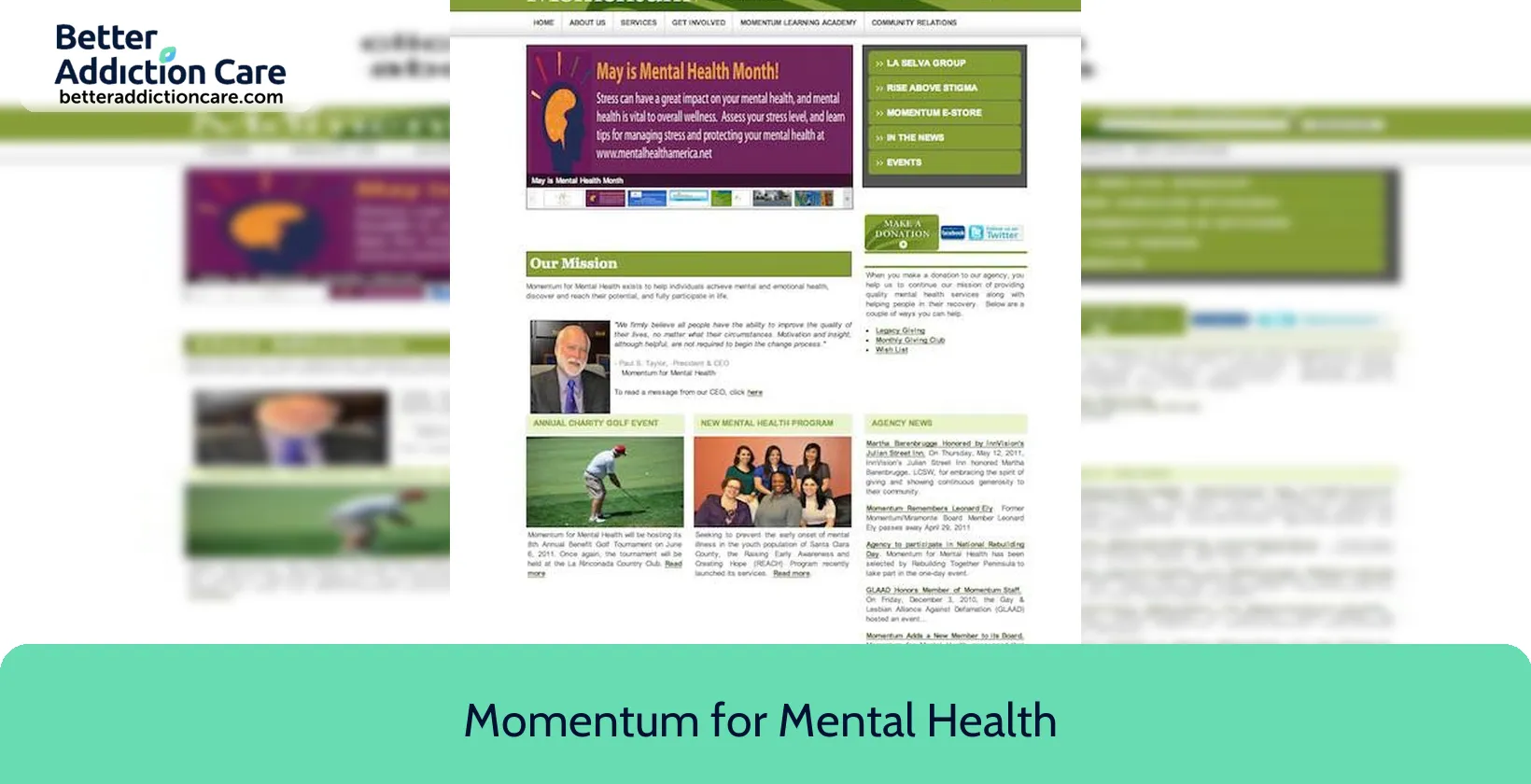Momentum for Mental Health - Momentum Office
Overview
Momentum for Mental Health - Momentum Office is a mental health treatment center for people seeking treatment near Santa Clara County. As part of their treatment modalities for recovery, Momentum for Mental Health - Momentum Office provides family counseling, individual psychotherapy, and cognitive behavioral therapy during treatment. Momentum for Mental Health - Momentum Office is located in San Jose, California, accepting medicaid for treatment.
Momentum for Mental Health - Momentum Office at a Glance
Payment Options
- Medicaid
- Medicare
- Cash or self-payment
Assessments
- Comprehensive mental health assessment
- Comprehensive substance use assessment
Age Groups
- Adults
Operation
- Private for-profit organization
Highlights About Momentum for Mental Health - Momentum Office
6.74/10
With an overall rating of 6.74/10, this facility has following balanced range of services. Alcohol Rehabilitation: 8.00/10, Drug Rehab and Detox: 6.00/10, Insurance and Payments: 6.00/10, Treatment Options: 6.97/10.-
Alcohol Rehabilitation 8.00
-
Treatment Options 6.97
-
Drug Rehab and Detox 6.00
-
Insurance and Payments 6.00
Treatment At Momentum for Mental Health - Momentum Office
Treatment Conditions
- Mental health treatment
- Substance use treatment
- Co-occurring Disorders
Care Levels
- Outpatient
Treatment Modalities
- Family counseling
- Individual psychotherapy
- Cognitive Behavioral Therapy
- Dialectical Behavior Therapy
- Group counseling
Ancillary Services
Languages
- Spanish
Special Programs
- Clients who have experienced trauma
- Persons 18 and older with serious mental illness (SMI)
Get Help Now
Common Questions About Momentum for Mental Health - Momentum Office
Contact Information
Other Facilities in San Jose

6.64
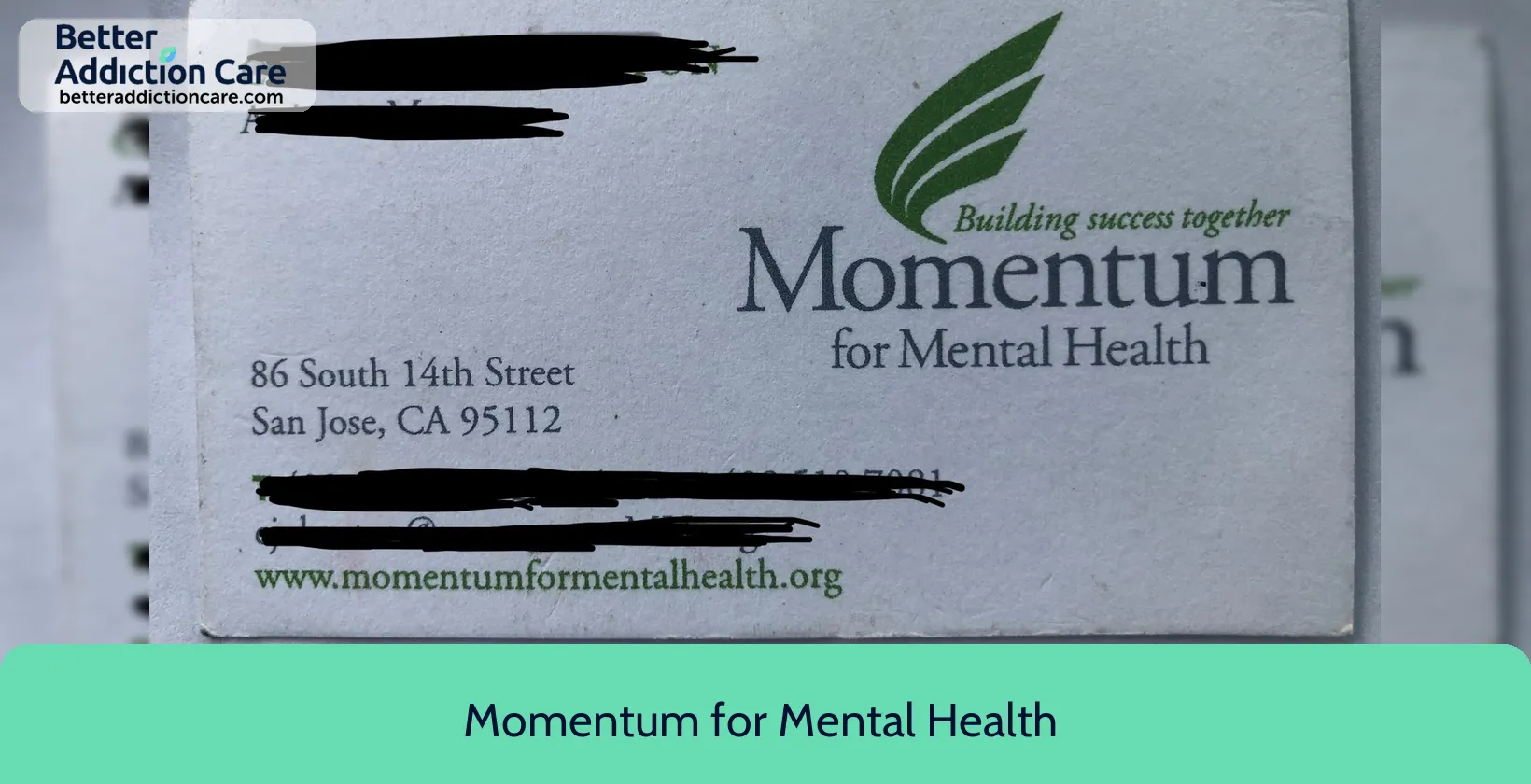
6.65
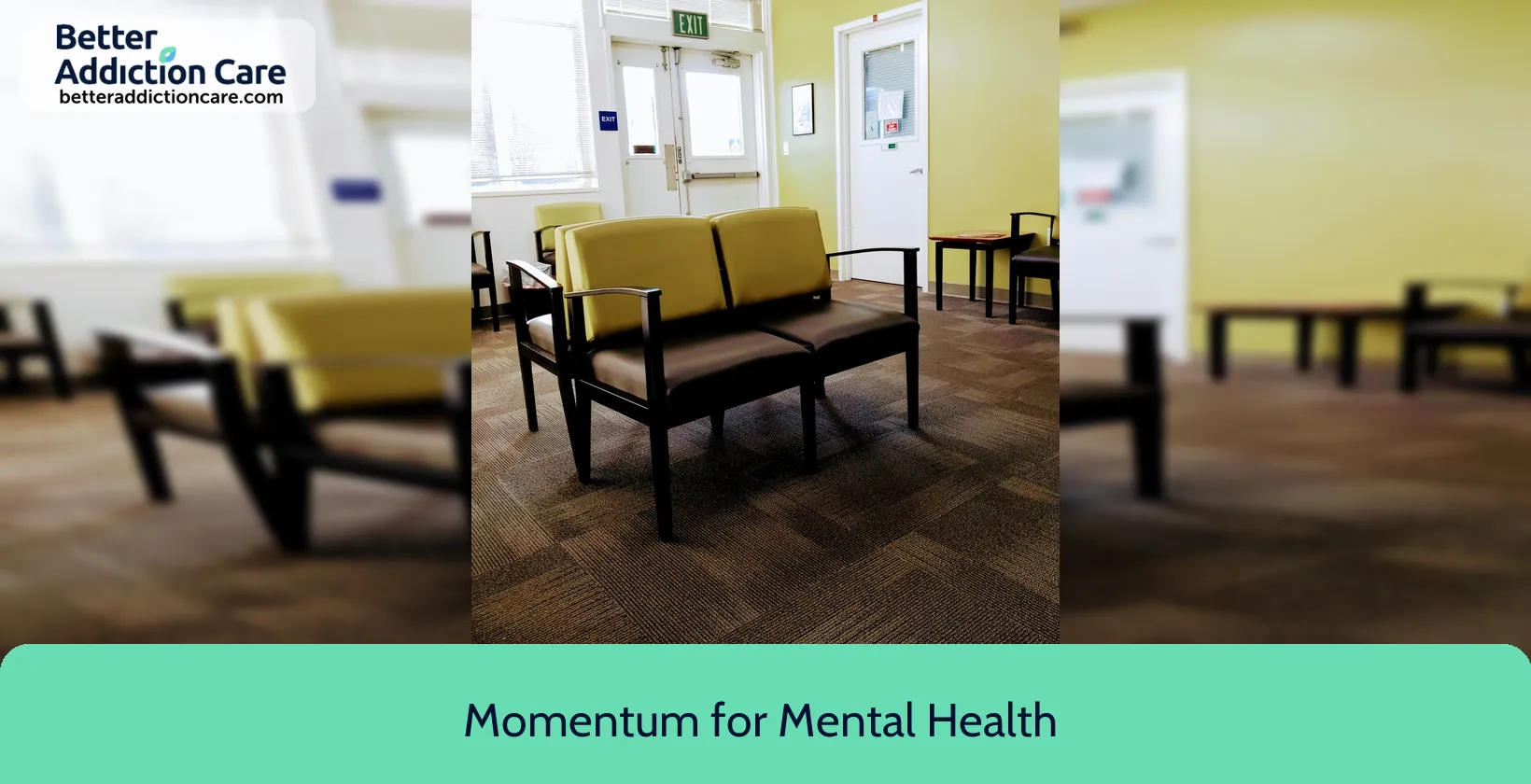
6.71
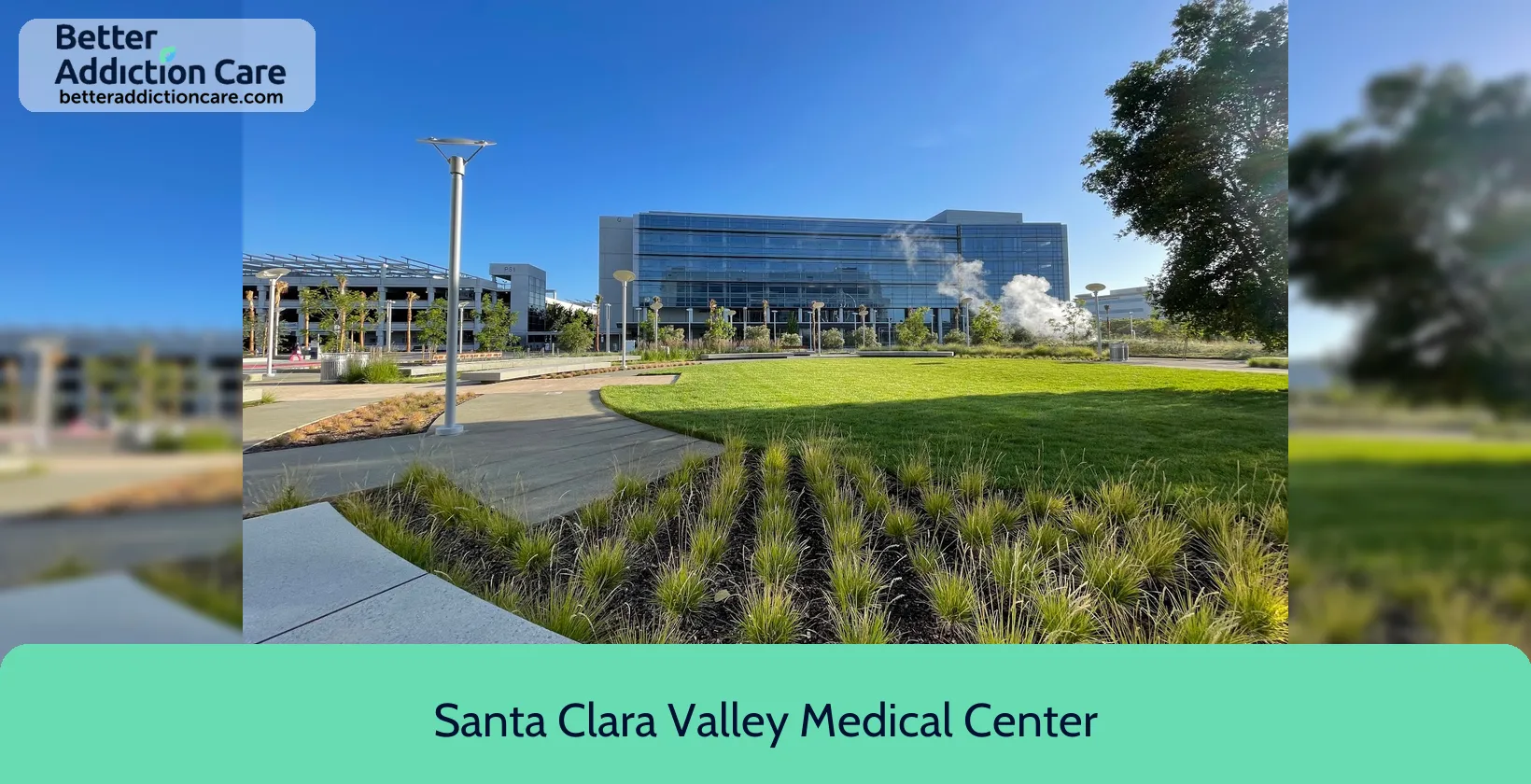
6.71

6.71
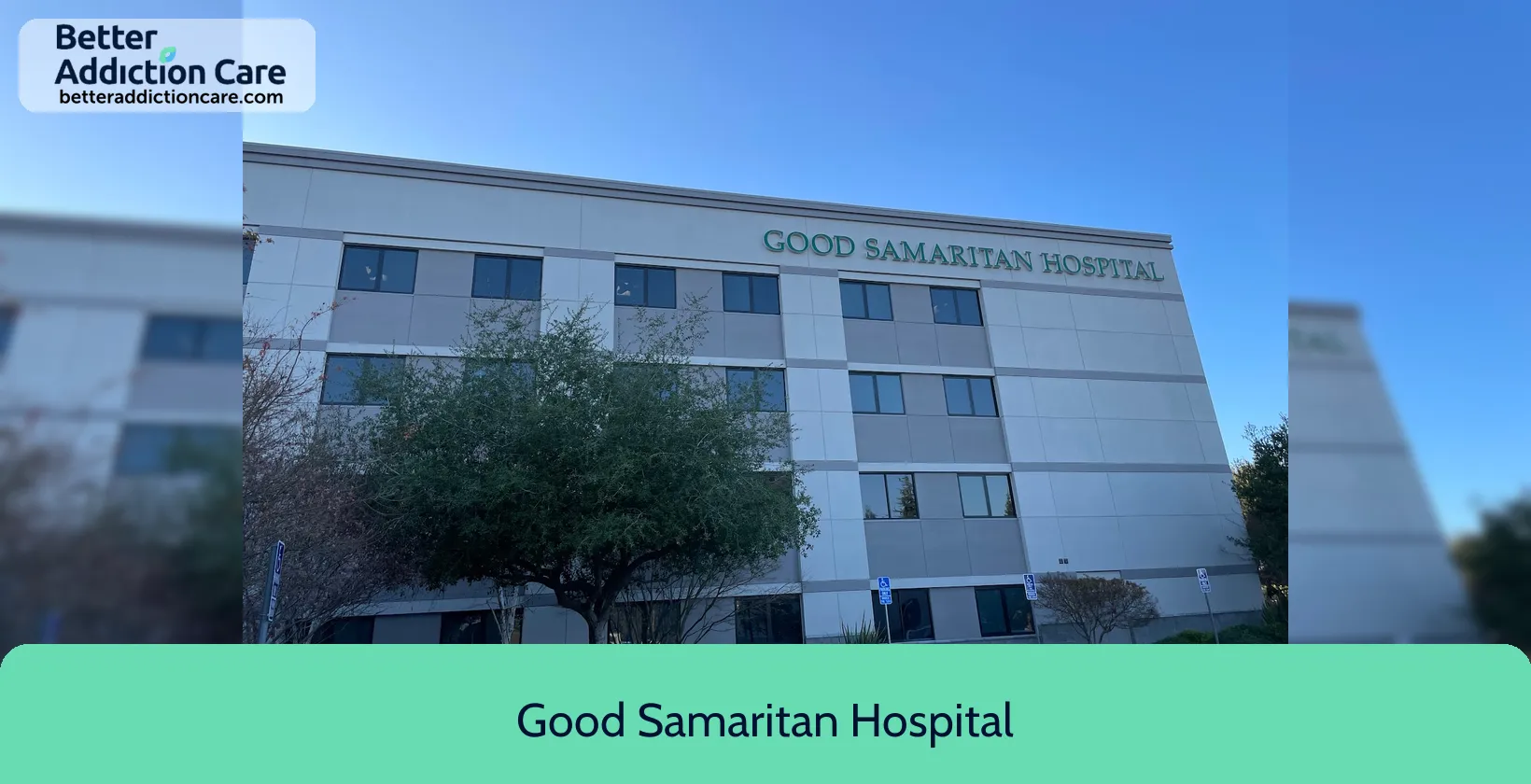
6.68
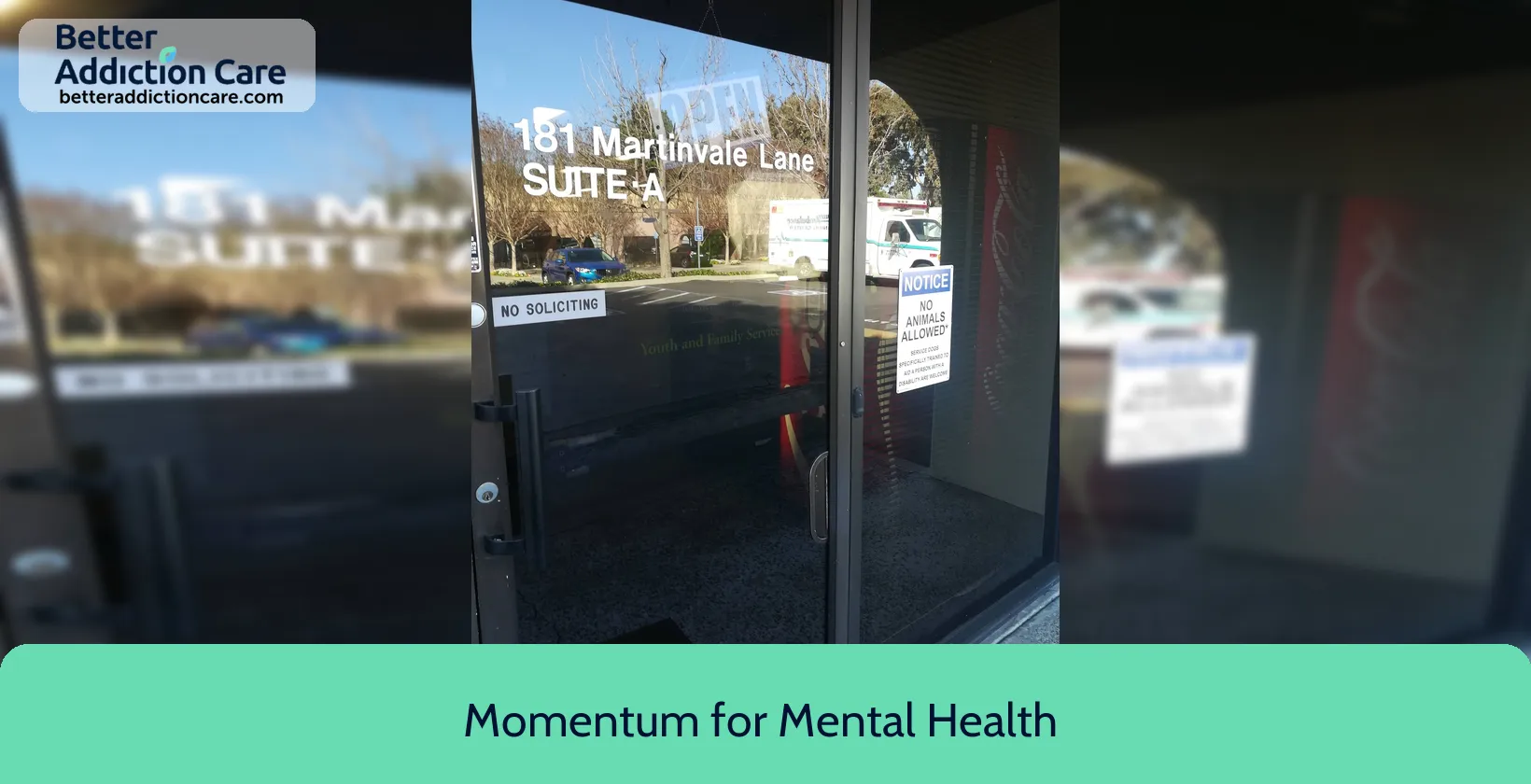
6.74
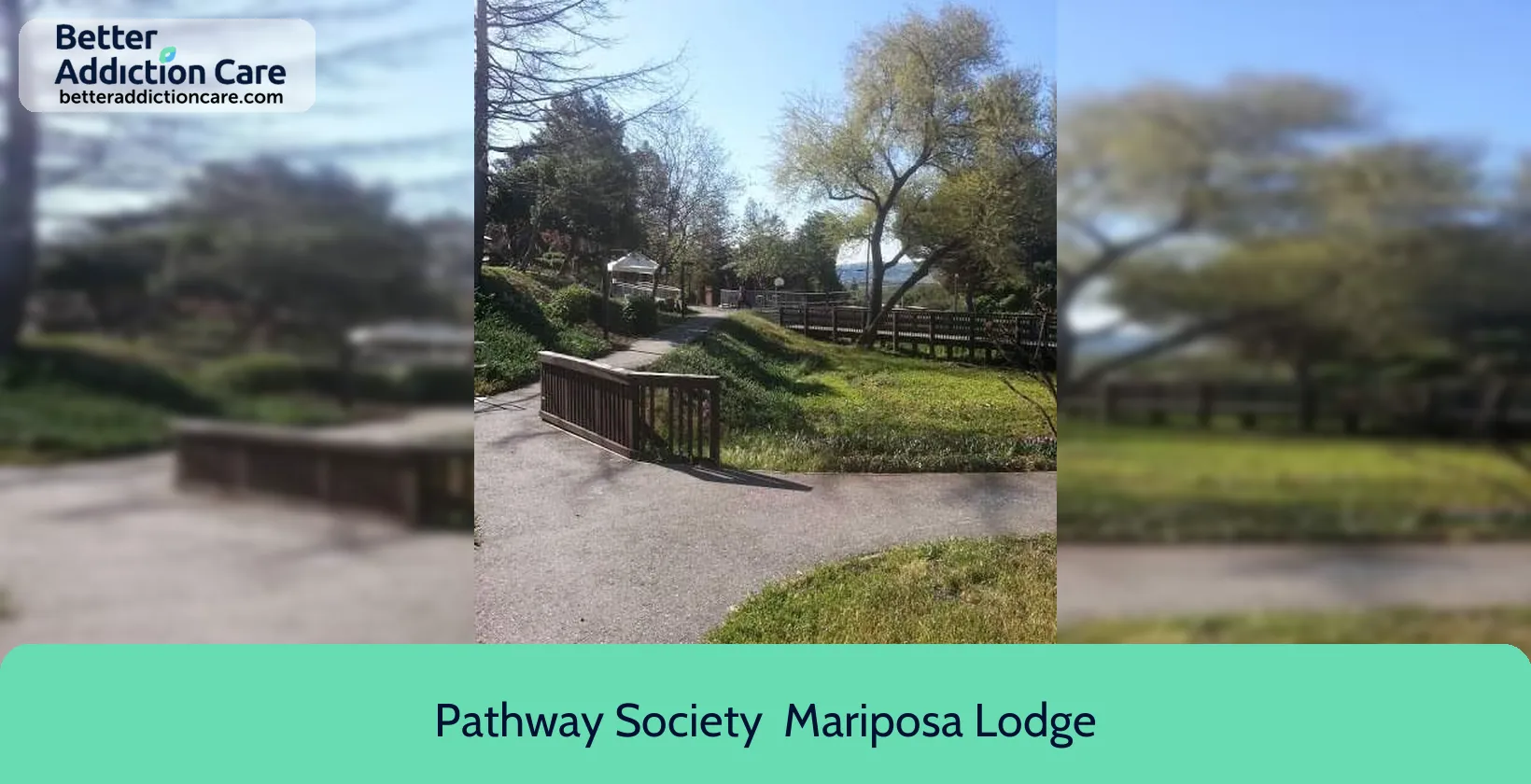
6.77
DISCLAIMER: The facility name, logo and brand are the property and registered trademarks of Pathway Society - Mariposa Lodge, and are being used for identification and informational purposes only. Use of these names, logos and brands shall not imply endorsement. BetterAddictionCare.com is not affiliated with or sponsored by Pathway Society - Mariposa Lodge.
